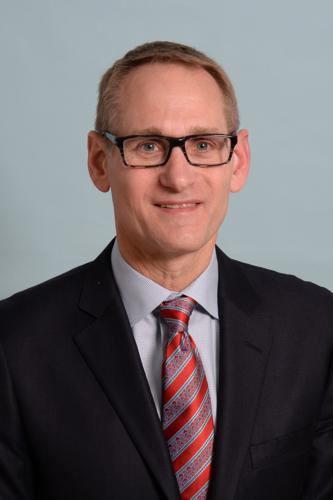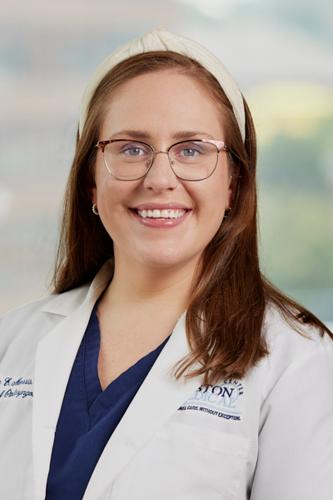If a person has severe hearing loss, a cochlear implant may help. A cochlear implant is different from a hearing aid. A hearing aid makes sounds louder and helps someone who has some hearing loss; a cochlear implant can help a person with very little or no hearing (partial or complete deafness) be able to hear.
A cochlear implant is small electronic device that stimulates the nerve a person hears with, called the cochlear nerve. The implant has two parts. One part sits behind the ear and picks up sound. It transmits that sound to the second part of the implant, which is located in the inner ear. A thin wire between the two sends signals to the auditory nerve, which tells the brain it is hearing.
Boston Medical Center’s Cochlear Implant Program is committed to providing high-quality, team-centered, patient-focused hearing care for adults and children with hearing loss. The team is made up of providers who specialize in audiology, neurotology, and speech language pathology. Peter Weber, MD leads the Cochlear Implant Team. Dr. Weber has performed over 2000 implant surgeries in more than 20 years and also spends time traveling the world teaching others how to perform cochlear implant surgery.
The team works closely with patients and families to guide them toward the best course of treatment based on their individual goals. In successful cases, children and adults gradually learn to hear well enough to use the telephone, and most children hear well enough to learn spoken language and attend school.
For more information about BMC’s Cochlear Implant Program, please call 617.638.8124.
Cochlear Implants Now Offered at BMC!
Contact Us
Monday-Friday - 7:30 AM - 5:00 PM
Specialty Clinics
Audiology (Hearing Problems)
Otolaryngology – Ear, Nose and Throat Surgery
Pediatrics - Otolaryngology (ENT)
Treatments & Services
There are several types of cochlear implants. Working with the doctor, adults and children choose the cochlear implant to best fit their needs. The team provides explanations of the different options available for internal/external components, speech processors, etc.
Children with cochlear implants are more likely to get bacterial meningitis than children without cochlear implants. In addition, some children who are candidates for cochlear implants have inner ear anatomic abnormalities that may increase their risk for meningitis.
Our Team
Peter C. Weber, MD

Ricole Haden, FAAA, CCC-A, ABA

Lauren Morris, Au.D.,CCC-A

Laura O'Brien ScD, CCC-A

Patient Resources
 en
en 

 Français
Français Deutsch
Deutsch Italiano
Italiano Español
Español Tiếng Việt
Tiếng Việt Kreyol ayisyen
Kreyol ayisyen